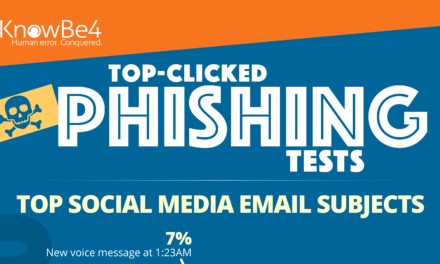One survey of consumers in four markets has found that a certain age group of male respondents were “overconfident” compared to others
Based on a 25 Mar to 2 April 2024 survey of 8,077 consumers split evenly across the United Kingdom, United States, Singapore and Mexico on their concerns about the risks associated with generative AI (GenAI) and deepfakes, including the potential for increased cybercrime and identity fraud, some key findings were disclosed from the data.
First, an average of 72% of respondents from all four markets cited having daily worries about “being fooled by a deepfake into handing over sensitive information or money”. While 60% believed they could detect a deepfake, (up from 52% in a similar survey last year), males were more confident, with men aged 18 to 34 claiming the highest confidence (75%), while women aged 35 to 54 claiming to be the were least confident. Second, 60% of respondents indicated the desire for more governmental regulation of AI to address these issues, with 69% of Singapore respondents expressing trust in their government’s ability to regulate AI, compared to those in the UK (26%), the US (31%) and Mexico (44%).
Other findings
Third, 68% of respondents indicated that they knew or suspected that they had ever been a victim of online fraud or identity theft, or that they know someone who had been affected. Respondents from the US were most likely to indicate they had been direct victims of fraud (39%) either knowingly or by suspicion, and 51% those in Singapore reported knowing a victim: the highest rate among the survey population. Also:
- 46% of the respondents who were (or suspected they were) a victim of online fraud or identity theft had indicated the ordeal was a minor inconvenience. Also, 32% indicated it had caused significant problems and several hours of administrative work to resolve; while 14% described it as a “traumatic experience”.
- Regardless of whether they had been a victim of fraud or identity theft, most respondents indicated “daily worries” about falling victim to data breaches (79%) and account takeover attacks (77%).
- More than 80% of Singapore respondents indicated they would be willing to spend more time on identity verification if those measures improve security in industries including financial services (85%), the sharing economy (85%), healthcare (85%), government (84%), travel and hospitality (84%), retail and ecommerce (83%), social media (82%) and telecoms (82%).
- When creating a new online account, respondents from all four markets indicated “taking a picture of their ID and a live selfie” would be the most accurate form of identity verification (21%), while “creating a secure password” was a close second (19%).
According to Stuart Wells, Chief Technology Officer, Jumio, the firm that commissioned the survey: “As GenAI advances, the incidence of deepfakes continues to rise, revealing a significant gap in our collective ability to detect these deceptions. This continued overconfidence underscores the critical need for stronger public education and more effective technological solutions. It’s essential that businesses and consumers collaborate to enhance digital security measures to effectively prevent identity fraud.”




















